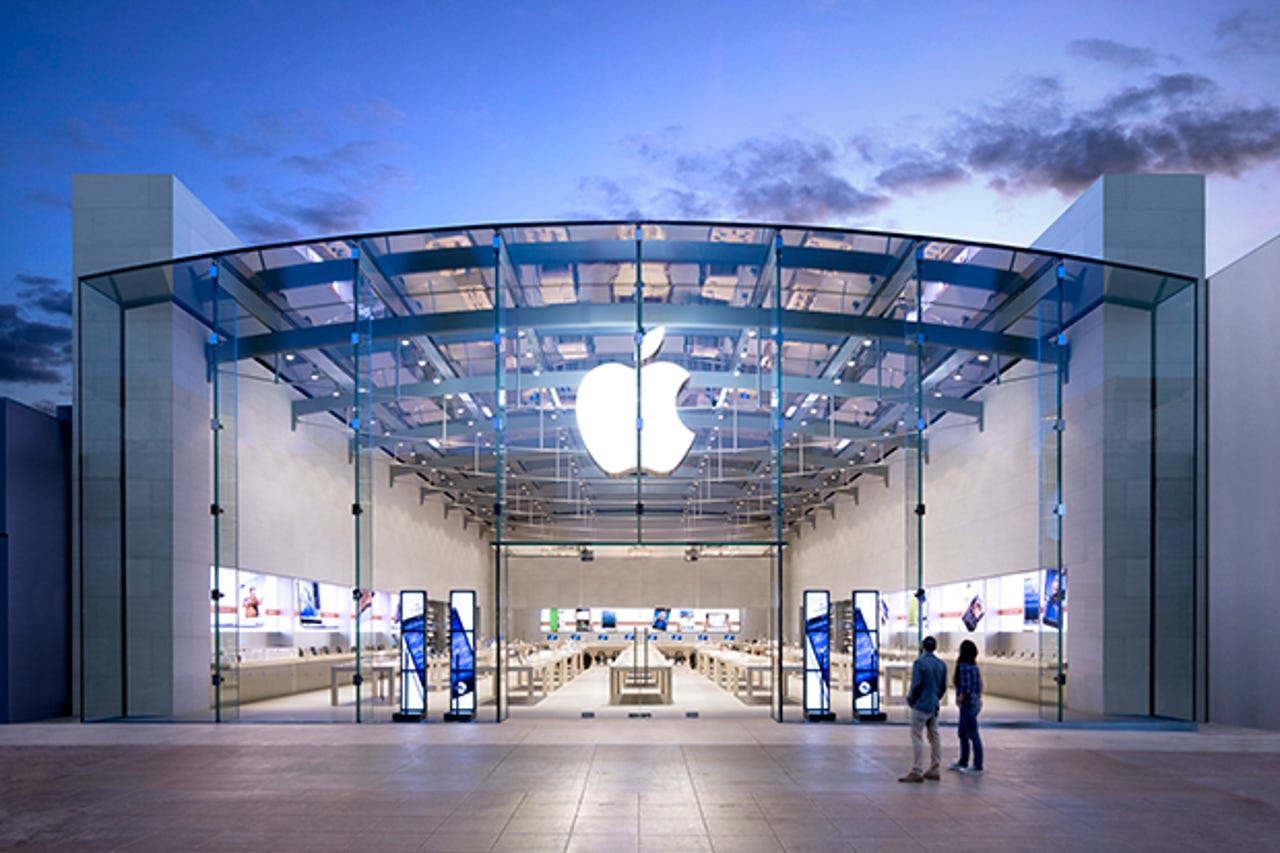Chinese firm behind snooping iOS apps admits guilt


As previously reported by ZDNet, over 250 applications were pulled from Apple's iOS mobile operating system app store after reports surfaced of apps collecting private user data.
Security firm SourceDNA said on Sunday that a group of applications using Guangzhou Youmi Mobile Technology Co's third-party software development kit uses private APIs to collect personal and private data -- including email addresses, Apple IDs and device identification markers -- before sending this data to the Chinese firm's servers.
Apple bans this practice and taking such private information is a clear violation of the iPad and iPhone maker's security and privacy guidelines.
While developers using the SDK may not be aware of the issue, this means that the apps -- downloaded approximately one million times -- are taking user data without their consent. In today's post-Snowden realm with privacy and security a hot topic, such violations could tarnish Apple's reputation when it comes to stringent controls on user data collection and the quality of applications offered by the online service.
Featured
In a statement this week, Apple said any new apps connecting to the Youmi SDK will be rejected if submitted to the iOS App Store.
Following the removal of the offended apps from the iOS App Store, Chinese mobile advertiser Youmi said in a statement the company offered its "sincere apologies" for the debacle and is now working with Apple to resolve the issue.
"For those products that have been temporarily taken down, we will provide reasonable compensation once this matter has been properly resolved," Youmi said.
Founded in 2012, Youmi rolled out its latest mobile advertising platform at the beginning of this year. The Adxmi global mobile ad platform, aimed at monetizing mobile traffic, is likely to be hampered when it comes to iOS-based app adoption as apps submitted using Youmi's SDK will now potentially face suspicion and scrutiny.
Of course, it does not help that the US and China have built little trust when it comes to privacy and cyberattacks.
In related news, Apple has launched a new Quality Program addressing thousands of complaints over anti-reflective display coating issues on MacBook and MacBook Pro laptops. Dubbed Staingate, a number of consumers have complained that laptops with the anti-reflective coat have developed spots, smudges and stains.
10 things you didn't know about the Dark Web
Read on: Top picks